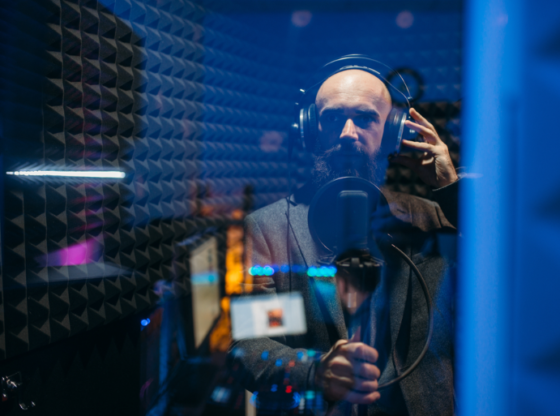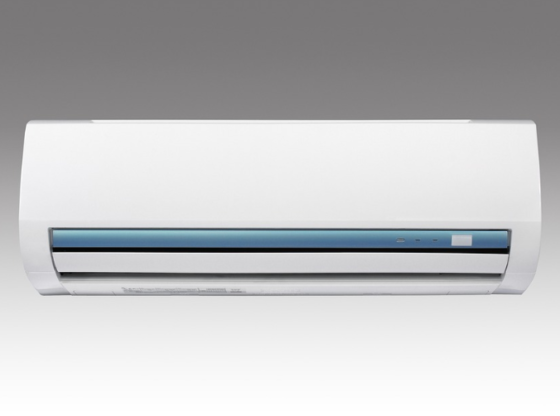Contributed Content Provided by WordPro SEO
Mental health is a major issue. The good news is that there are holistic ways to treat mental health issues.
In 2021, the world faces unprecedented challenges. The COVID-19 crisis has spread throughout the world, which has created an economic crisis on top of the public health emergency. With all the acute medical issues and financial hardships caused by social distancing, it can be easy to overlook the mental health crisis that has quietly set in.
The World Health Organization has outlined the effects of the COVID crisis on mental health triggered by bereavement, loss of income, isolation, and anxiety. Substance abuse has increased, including alcohol use. Many who suffered from mental health issues before the crisis are experiencing more severe symptoms. That’s why it’s become so inportant to prioritize mental health as part of overall wellness.
Traditionally, mental health issues have been treated through psychotherapy and medication. A diagnostic evaluation with a psychiatrist will determine the presence and type of psychological issue a person is experiencing. Even a general practitioner can prescribe certain medications to help with general mental health concerns.
Talk therapy is another method to address mental health issues, which can be done with or without medication. With the help of a therapist, psychotherapy can help a person find the root cause of psychological problems. In this way, therapy can prevent certain symptoms from recurring. Psychotherapy can be long or short term depending on several factors including the condition, dynamic between therapist and patient, and effectiveness of therapy for the individual.
However, the social distancing required by the virus has made it difficult to find a therapist or keep appointments. To adapt to the current situation, many therapists now see their clients via video conferencing. That has helped many people connect to a therapist, while also remaining safe at home.
The other leading traditional method of treatment for psychological conditions is medication. Responsible psychiatrists and psychologists are careful about prescribing medication. Many conditions require some type of medication, but there is often an associated risk, as with medications such as benzodiazepines, that can be addictive.
Because of side effects and addiction potential of drugs used for certain conditions, many people seek alternative approaches to prescription medication.
The good news is that there are new natural options available for the treatment of mental health issues. During the past few years, attitudes toward marijuana and hemp have changed significantly. At least 35 states have legalized medical marijuana. Fifteen of those states allow recreational use. And hemp-derived CBD products are legal under federal law.
In the past, there was a common assumption that cannabis use could be linked to the development of psychiatric disorders. However, research has highlighted the positive effect of using medical cannabis with high levels of THC on certain mental health conditions. Additionally, early research has shown some indication that CBD capsules could help manage some of these uncomfortable feelings, but more research is needed.
Anyone who suffers from psychological issues should work closely with a trusted medical professional to make sure CBD is right for them. With careful planning and medical consultation, CBD capsules could be a part of a holistic approach to overall wellness.
Mental health issues are among the most pressing problems facing Americans today. Ideally, we should use a comprehensive approach to combat the worst aspects of these issues. In some situations, it might be preferable to combine natural remedies with traditional approaches like talk therapy and prescription medication. For the best course of treatment, consult a mental health professional.











